Firearm Safety Awareness
Firearm-related deaths and injuries impact children and adults alike. In fact, it is now the leading cause of death among children and adolescents ages 1-19. Clinicians must be vigilant in recognizing signs of trauma in children exposed to firearm violence and ensure they have access to appropriate mental health support, safety counseling and resources. PPN’s Resource Central has links to information that may be helpful for healthcare providers.
Search the Resource Central website for more resources with the term “firearms”, “gun violence” for more information.
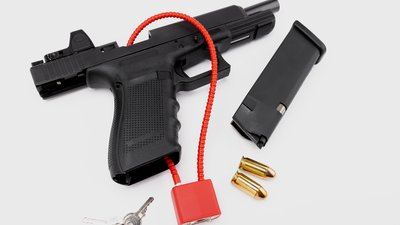
Firearm Violence Prevention
This site from the CDC emphasizes evidence-based approaches such as promoting safe storage practices, implementing background checks, and supporting community-based violence prevention programs.
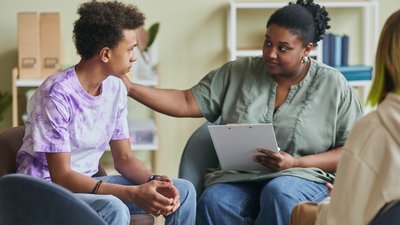
CALM for Pediatric Providers: Counseling on Access to Lethal Means to Prevent Youth Suicide
This course discusses CALM (Counseling on Access to Lethal Means) as a strategy for pediatric providers to prevent youth suicide. It emphasizes the importance of assessing access to lethal means like firearms, medications, and other dangerous items.
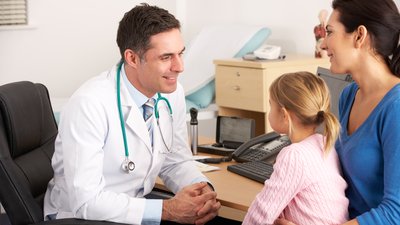
How to Talk to your Patients about Firearm Safety
This article discusses the importance of addressing firearm safety in mental health professions. It highlights the risks associated with access to firearms for individuals experiencing mental health crises.

Firearm-Related Injuries Affecting the Pediatric Population
This research article reviews data related to the firearms in the United States and presents measures to prevent such injuries. Reaffirmed by the AAP in June 2021.
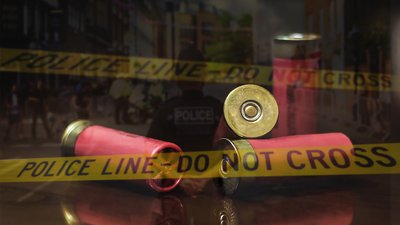
Childhood Exposure to Violence
This page discusses the impact of crime and violence on children's well-being. It highlights how exposure to such incidents can lead to fear, anxiety, and behavioral problems.
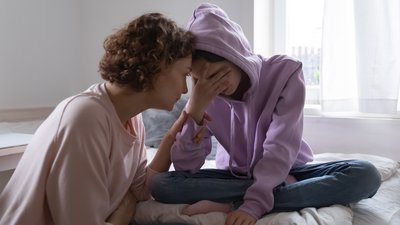
Parent Guidelines for Helping Youth After the Recent Shooting
This guide offers parents guidance on helping their children after a shooting. This fact sheet describes common reactions children may have, how parents can help them, and self-care tips after an event.

Firearm Violence Prevention
This site from the CDC emphasizes evidence-based approaches such as promoting safe storage practices, implementing background checks, and supporting community-based violence prevention programs.

CALM for Pediatric Providers: Counseling on Access to Lethal Means to Prevent Youth Suicide
This course discusses CALM (Counseling on Access to Lethal Means) as a strategy for pediatric providers to prevent youth suicide. It emphasizes the importance of assessing access to lethal means like firearms, medications, and other dangerous items.

How to Talk to your Patients about Firearm Safety
This article discusses the importance of addressing firearm safety in mental health professions. It highlights the risks associated with access to firearms for individuals experiencing mental health crises.

Firearm-Related Injuries Affecting the Pediatric Population
This research article reviews data related to the firearms in the United States and presents measures to prevent such injuries. Reaffirmed by the AAP in June 2021.

Childhood Exposure to Violence
This page discusses the impact of crime and violence on children's well-being. It highlights how exposure to such incidents can lead to fear, anxiety, and behavioral problems.

Parent Guidelines for Helping Youth After the Recent Shooting
This guide offers parents guidance on helping their children after a shooting. This fact sheet describes common reactions children may have, how parents can help them, and self-care tips after an event.